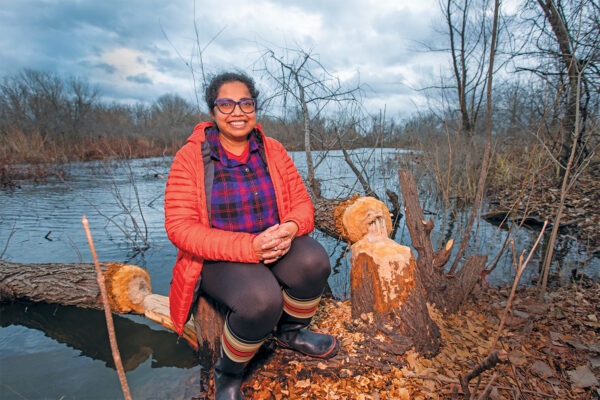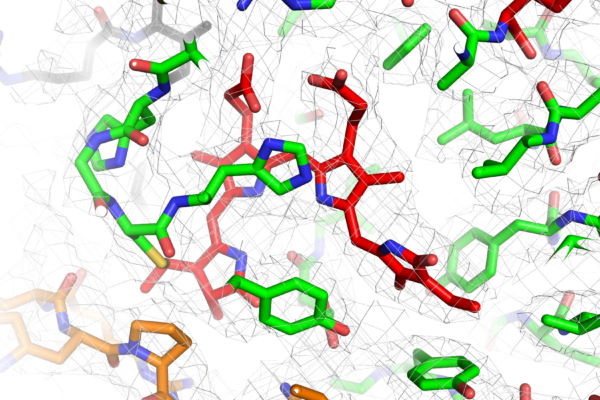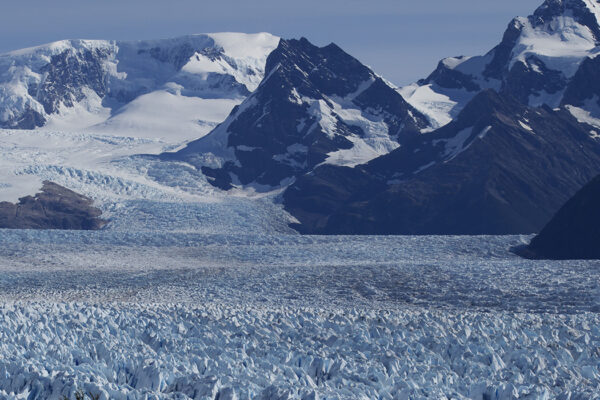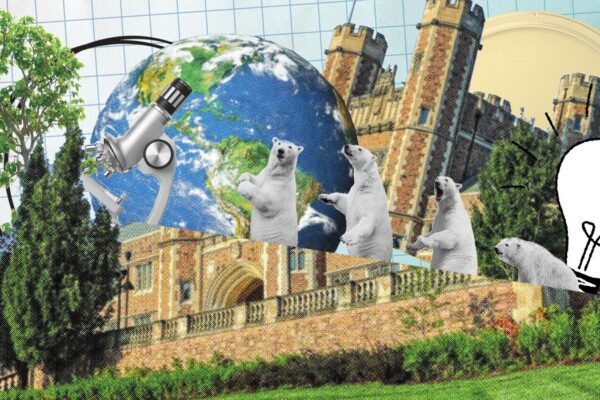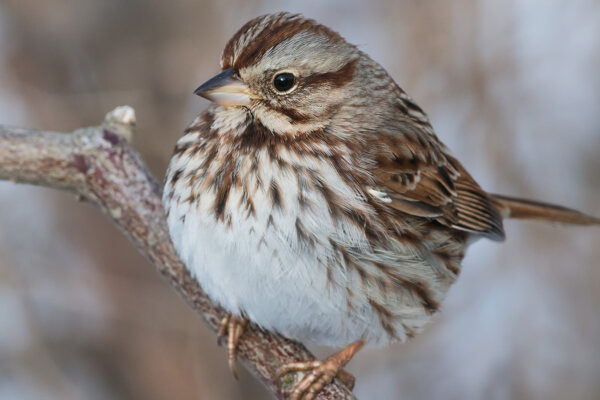Into the wild
Biologist Arpita Bose explains the importance of wetlands and the microorganisms living there to capture carbon — and to possibly provide solutions for a clean energy future
Fangqiong Ling
Fangqiong Ling shares her love for science both inside the classroom and outside in the St. Louis community. Her commitment to impactful research has earned her recognition from associations, mentors and colleagues.
Molecular ‘blueprint’ illuminates how plants perceive light
Biologists led by Richard Vierstra in Arts & Sciences have determined the molecular structure of the vital photoreceptor PhyB, revealing a wholly different structure than previously known. The findings, published March 30 in Nature, have many implications for agricultural and “green” bioengineering practices.
Konecky launches new program to support diversity in the geosciences
With the support of the David and Lucile Packard Foundation, climate scientist Bronwen Konecky in Arts & Sciences is piloting a new program to attract and support underrepresented students in the geosciences and prepare them for further studies and careers in the field.
Honoring a dying wish
Mike Yochim spent his final months writing a book about the effects of climate change on national parks. Bill Lowry, professor emeritus of political science in Arts & Sciences, ensured his friend’s final words would be heard.
Seismic study reveals key reason why Patagonia is rising as glaciers melt
Douglas Wiens in Arts & Sciences led one of the first seismic studies of the Patagonian Andes, where glaciers are melting at some of the fastest rates on the planet. The team discovered and described a key link between ice mass loss, uplift and a gap between tectonic plates.
Don’t smash that bug!
Bugs. We squish ’em, smash ’em, fear ’em, scare ’em, spray ’em, sweep ’em, flick ’em and generally misunderstand them. But perhaps it’s time we rethink our relationship to our tiny, multi-legged invertebrate friends who have been around since long before we humans got here — and will be here long after we’re gone. Insects […]
The challenge of our century
How change-makers are tackling climate change, embracing sustainability and helping to set the pace for environmental advancement in a new age.
Brainy birds may fare better under climate change
Many North American migratory birds are shrinking in size as temperatures have warmed over the past 40 years. But those with very big brains, relative to their body size, did not shrink as much as smaller-brained birds, according to biologists in Arts & Sciences. The study in Ecology Letters is the first to identify a direct link between cognition and animal response to human-made climate change.
Martin wins NASA grant for air quality research
Randall Martin, at the McKelvey School of Engineering, was awarded a three-year NASA grant to analyze fine particulate matter data, work that will help in air quality management.
Older Stories
